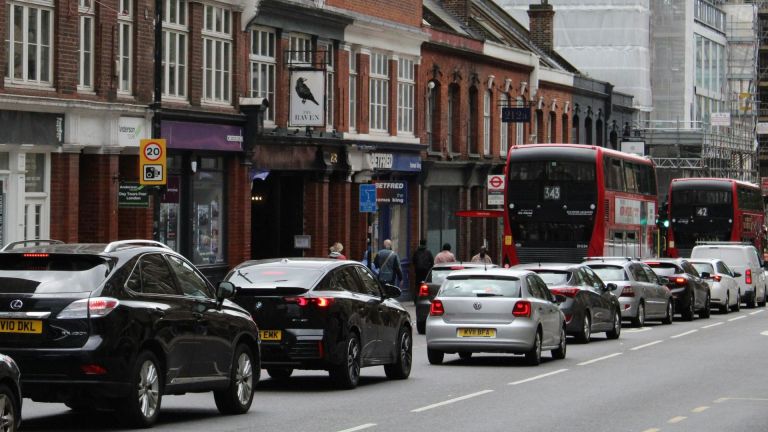Significant numbers of people are still effectively out of work. Those who have been hit hardest are younger people, the solo self-employed and those who grew up in a poor family. This has exacerbated already existing inequality in the labour market.
Meanwhile, education inequalities have also risen. Just four in 10 school pupils during the initial lockdown received full-time schooling (mainly through online lessons), with a quarter receiving no teaching at all. This autumn, only six in 10 pupils were experiencing full-time teaching. Private school pupils were twice as likely as their state school counterparts to benefit from a full education.
Schools have not returned to anywhere near pre-lockdown levels of activity – recent DfE numbers report schools being well below full capacity – 83 percent of children were in school on November 19, with many being sent home to self-isolate.
A very real danger is that people will suffer permanent economic or education scarring from these experiences. Long-term unemployment can ruin lives and livelihoods, while missing out on key exam grades can be terminal for future prospects. Bold policies aimed at the longer term will be needed to avoid these scarring effects.
First, job guarantees for people who are, or are in danger of becoming, long-term unemployed. Such jobs could be productive ones for the country in other ways, in a Green New Deal creating a more sustainable environment, for example.
One idea is to establish a National Youth Corps guaranteeing at least the minimum wage in a wide variety of work and training opportunities for younger workers. We have suggested a National Social Mobility Service for graduates to tutor disadvantaged children or to provide mentoring in the workplace which has genuine potential to level up the playing field in education.
Advertising helps fund Big Issue’s mission to end poverty
Employers should also be required to provide the same wages and benefits to contractors as in-house workers. We also believe that introducing human capital tax credits could incentivise companies to invest in the reskilling and training of their employees as they seek new jobs in the post Covid-19 world.
Second, we need major funding boost to education to address the learning losses that will impact on children for years to come. It’s good that the Government has supported a national tutoring service to help teachers improve progress of poorer pupils after we made the case for this. But the current £70m national tutoring programme in England for one year should be seen as a small trial for a much bigger initiative, at least 10 times as big, targeted at the poorest children, and lasting for several years.
The Chancellor quite rightly has put in for pay increases for NHS workers, while freezing pay for other public sector workers. We should also at the very least ensure that teachers receive real-term increases in annual salaries.
These policies would command widespread public support, according to our recent LSE-CEP Social Mobility Survey covering 10,000 people. A majority – 64 per cent – agreed or strongly agreed government should introduce job guarantees, paid for by the state, to prevent long-term unemployment. Three quarters of respondents agreed with increasing funding for underprivileged schools.
Debates still rage about the economic and social impact of America’s New Deal, but how much worse would it have been if Roosevelt’s administration had not intervened as it did?
Evidence on the long-term unemployment following Britain’s 1980s recession shows what an utterly demoralising experience it is. Being out of work generates scars in terms of lower subsequent earnings and poorer job prospects as well as lower wellbeing, poorer health and children doing less well at school.
Advertising helps fund Big Issue’s mission to end poverty
Research shows that those entering the labour market in recessions also experience economic scars, again featuring lower long run earnings and employment prospects and a greater likelihood of entering a life of crime compared to people who are lucky enough to be leaving school in better economic circumstances.
It’s time to act. We could create a more collective and productive economy and a better-resourced education system, providing decent jobs and giving a good start to children wherever they are born. In the summer, Boris Johnson talked about creating a New Deal for Britain. But as Roosevelt showed, the ultimate test of political greatness is whether rhetoric is followed up by action.
Lee Elliot Major is the country’s first Professor of Social Mobility, based at Exeter University, and Stephen Machin is a Professor of Economics at the London School of Economics. Their book, What Do We Know and What Should We Do About Social Mobility? is out now (Sage, £9.99)










